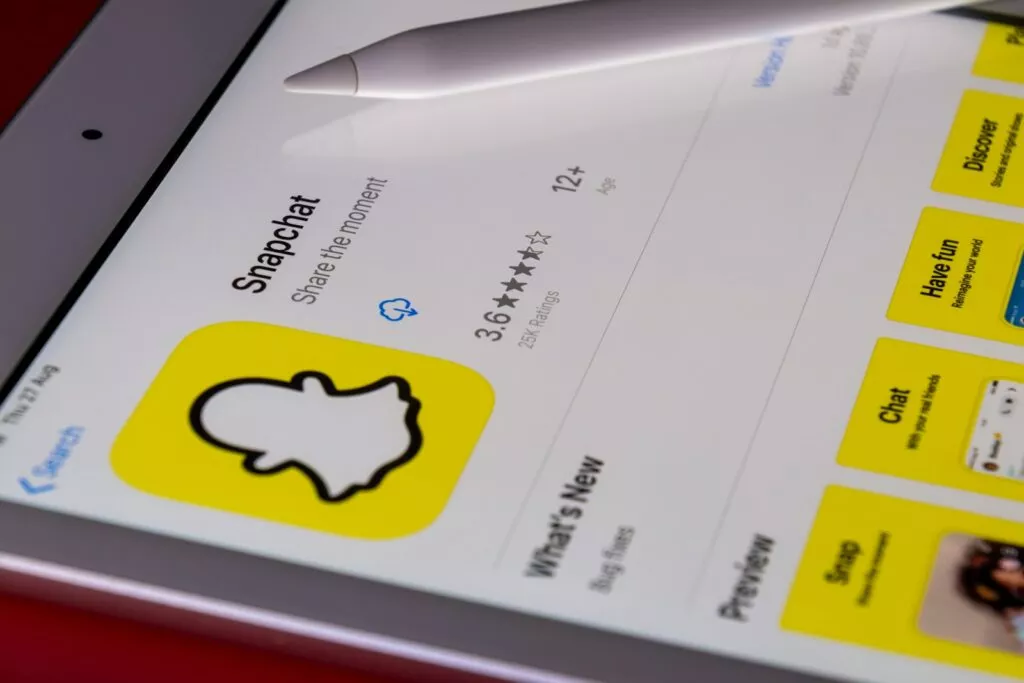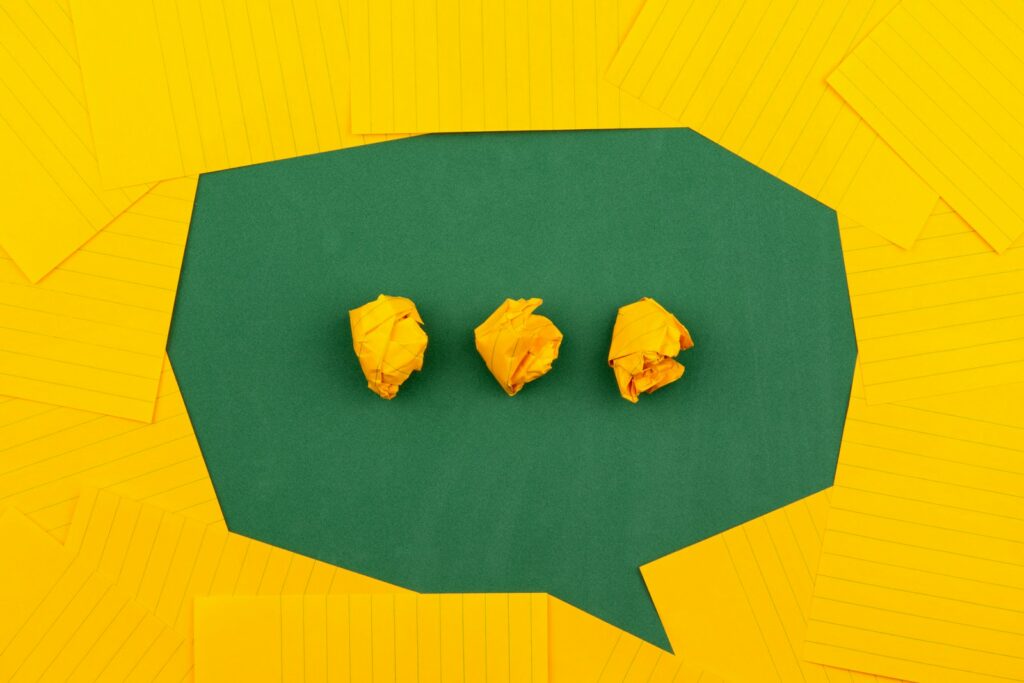Reports about advances in artificial intelligence come in on a daily basis.
The rise of increasingly advanced AI has also caused worried speculation from people such as Bill Gate and Stephen Hawking but it might also have everyday folk concerned about their jobs and futures in a world dominated by smart machines.
You can breathe a little easier today as the pending AI takeover might be a little further off than expected.
Researchers at Massachusetts Institute of Technology (MIT) Computer Science and Artificial Intelligence Laboratory (CSAIL) discovered that Google’s AI Vision was more easily fooled than they anticipated.
The team fooled the AI using a similar technique that hackers use to obtain user passwords – a brute force attack. In cracking passwords, this method employs multiple inquiries until the correct password is discovered through repeated trial-and-error runs.

How this works with photo recognition is that the AI has a starting photo, what you want the machine to recognize, and a terminal photo, what you want to be recognized as the first photo. In between the initial and final images you insert other images, shifting each one pixel at a time, until you arrive at the final image.
In the example the team filmed, they used a picture of a dog and slowly shifted it to a scene of two skiers on top of a mountain. The AI recognized the picture as having a dog even when it was fully transformed into the alpine scene. The CSAIL researchers said this demonstrates that AI through machine learning still has a lot of flaws and probably should not be relied upon for sensitive applications like security.
Transition from dog to alpine skiing scene demonstration video.
The team also did a demonstration with 3D objects, showing how a turtle could be used to manipulate the AI into thinking it was a rifle and a baseball as an espresso.
Transition from baseball to espresso demonstration video.
CSAIL’s findings are quite interesting given the nascent beginnings of this type of technology in devices like smartphones and other facial recognition applications. It shows that AI and machine learning have some time to go before it can be totally relied upon and that maybe the promised dystopia ruled by robotic overlords may be an overblown fantasy at this point in time.




